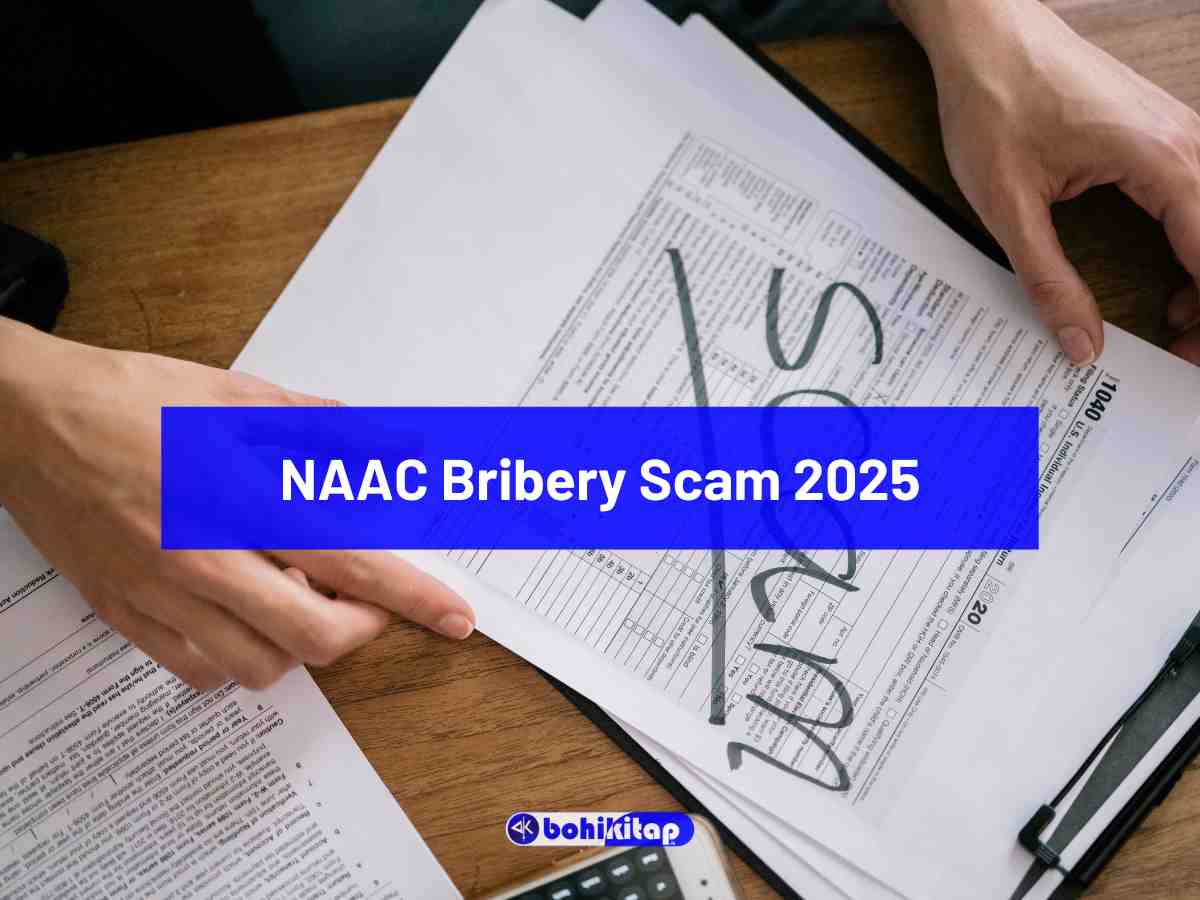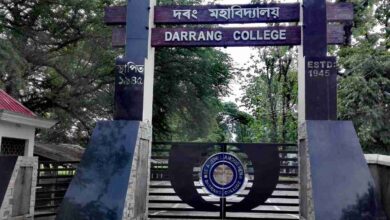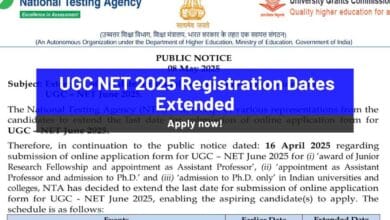NAAC Bribery Scam 2025: Can the Accreditation system be trusted?
Ten individuals from NAAC have been arrested by CBI in the NAAC Bribery Scam 2025. With this, concerned people have raised questions on the credibility of NAAC.

NAAC Bribery Scam: On 3rd February, 2025, the Central Bureau of Investigation arrested ten people including individuals from the National Assessment and Accreditation Council (NAAC) accreditation committee. It is an autonomous body funded by University Grants Commission, that assesses and accredits higher education institutions. The recent NAAC bribery scam has installed skepticism in the minds of the people leading to the need of questioning every A++, A+, and A Grade.
Also Read: 9 Colleges in Assam shines with NAAC A+ Grades, Reflecting State’s Commitment to Education
Table of Contents
What is the NAAC Bribery Scam?
In a recent case, the CBI arrested several people affiliated with the NAAC body after receiving complaints regarding corruption in the re-accreditation process of a Deemed-to-be University. The total of 14 are accused in the FIR logged by the CBI including the JNU professor Rajeev Sirajiya, Bangalore University’s department of computer science and application’s Director Prof M Hanumanthappa, Prof Gayathri Devaraja from Davanagere University and NAAC Bengaluru adviser M S Shyamasundar.
Barter and Bribery
Koneru Lakshmaiah Education Foundation Deemed-to-be University, located at Vaddeswaram in Guntur district in Andhra Pradesh, was accredited by NAAC with A++ Grade. According to the FIR lodged by the CBI, the NAAC committee responsible for inspecting this university allegedly colluded with the university management by accepting bribes (as cash, gold and electronic equipment) in return of providing high re-accreditation grade for a period of five years from 2024-2029.
This committee consisted of seven-members including its chairman Samarendra Nath Saha, member coordinator Rajeev Sijariya, and committee members D. Gopal, Rajesh Singh Pawar, Manas Kumar Mishra, Gayatri Devaraja and Bulu Maharana. According to CBI, the former deputy adviser of NAAC, L. Manjunatha Rao and Internal Quality Assurance Cell (IQAC-NAAC) Director M. Hanumanthappa mediated the deal, playing an important role in the enlistment process of these members. The people who offered the bribe, Vice-Chancellor of KLEF, G.P. Saradhi Varma and others, asked the NAAC team to give 3.65 points and above to retain its A++ Grade.
Can the accreditation system be trusted?
The CBI officers carrying out the case on the NAAC bribery scam had produced the arrested individuals to the court on 1st February, which remanded them to the judicial custody. The NAAC bribery scam has sparked a lot of debate in the entire country.
The NAAC body has debarred the members who were arrested, from its inspection committee for a lifetime assessment while also reviewing their recent visits to higher education institutions. Moreover, the current university in question will be debarred from participating in the accreditation process for the next five years.
Certain key reforms were proposed, especially by the committee led by former Indian Space Research Organisation (ISRO) chief K Radhakrishnan. They suggested adopting digital validation, using a Basic (Binary) Accreditation later this year, which will be followed by Maturity-based Graded Levels (MBGL), creating a “One Nation One Data Platform” for data integrity and transparency.
For more such articles, click here.






